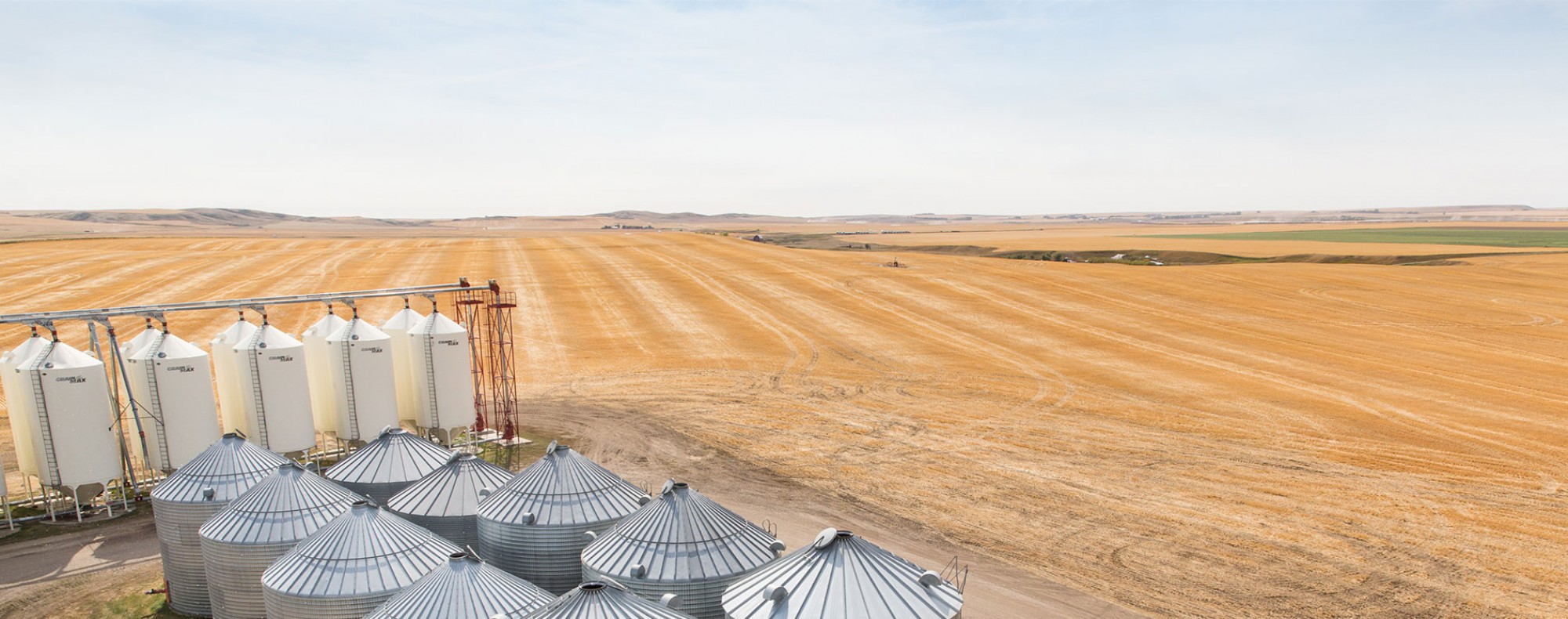Development of alternative, sustainable, reduced-input strategies for crop and pest management and their impact on silage quality and feed value
This Barley Research Cluster project was funded by Alberta Barley in collaboration with the Atlantic Grains Council, the Brewing and Malting Barley Research Institute, Rahr Malting and the Western Grains Research Foundation via the AgriInnovation Program.
Project lead: Dr. T. Kelly Turkington, Research Scientist
Agriculture and Agri-Food Canada
Start Date: April 2013
End Date: March 2018
Alberta
Barley’s contribution: $58,275
Total funding from other
partners: $331,900
Benefits
for barley farmers:
The project
could lead to integrated disease and crop-management strategies that help to
limit the negative impact of barley leaf diseases, while ensuring that input
costs are kept at a minimum and that fungicides are used when needed and where
they will provide a benefit.
Summary:
The project aims to 1) determine and contrast the effects of monocultures,
mixtures, intercropping and rotational diversity on crop health, disease
levels, productivity and quality in a cereal silage production system; 2)
assess the impact of disease accumulation and disease avoidance management
strategies on the ensiling properties and feed value of barley silage using
laboratory techniques and in experiments using small ruminants; and 3) assess
the impact of variety and fungicide use on inoculum carryover and disease risk
in barley.
